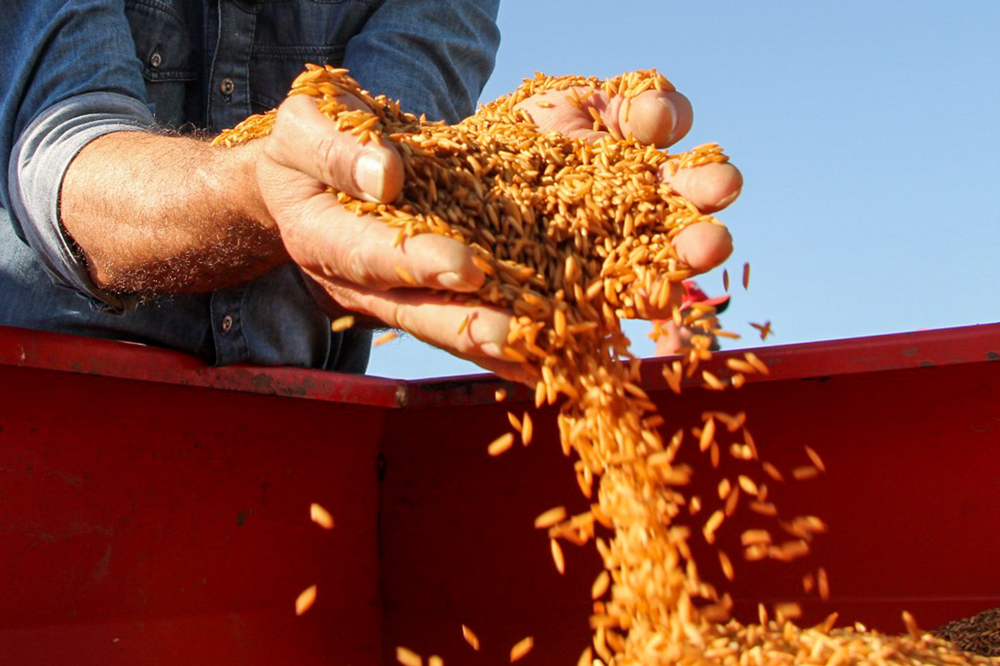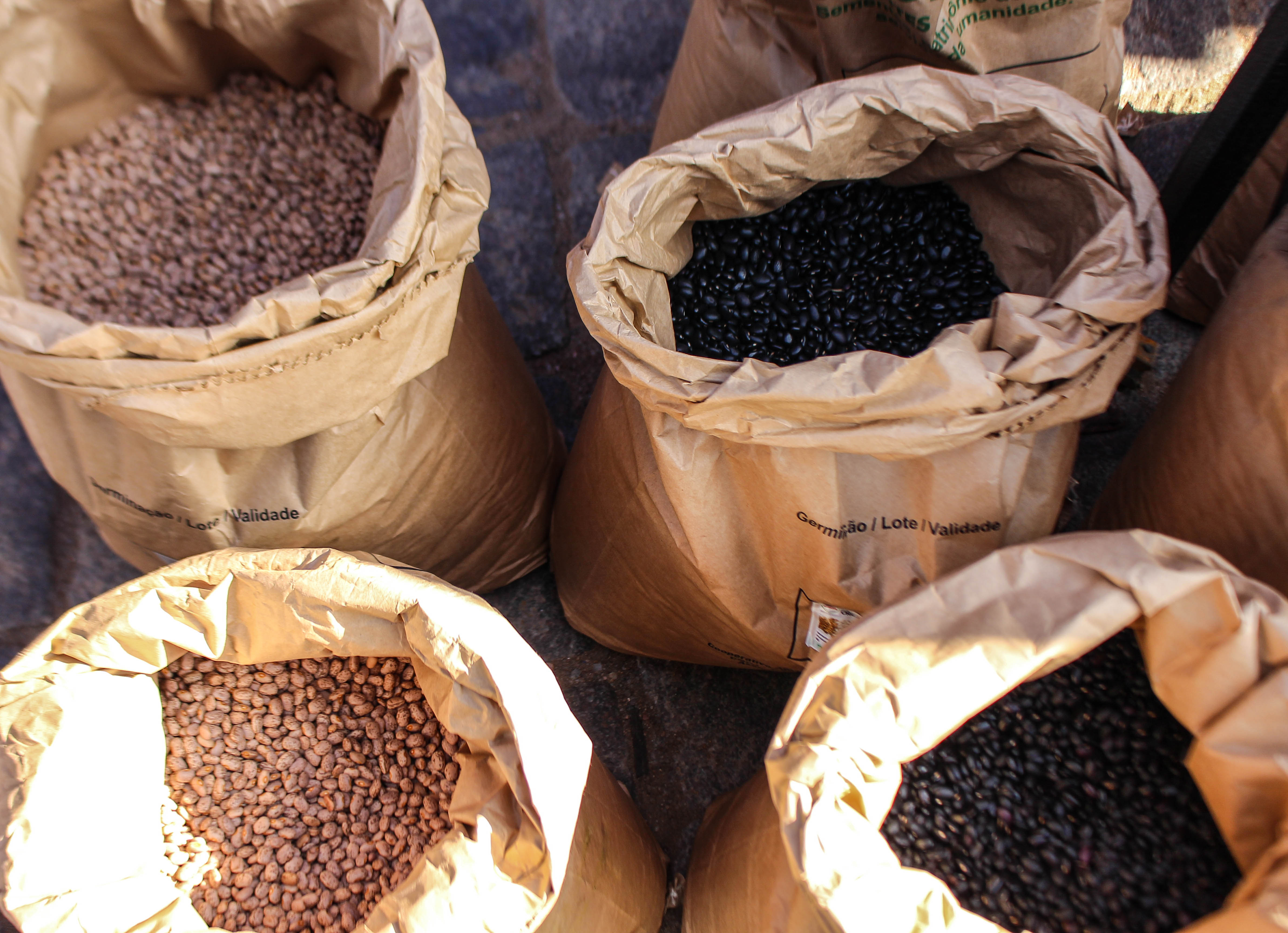Agriculture WG highlights sustainable practices
The central role of agriculture to the global economy and to food security will be the focus of the Agriculture Working Group. Understanding shared at the G20 highlights the importance of international cooperation in food production and fighting hunger.

International cooperation in agriculture has the capacity to promote food security; boost agricultural productivity; and mitigate the impacts of climate change. Thus, the Agriculture Working Group — part of the G20 Sherpa Track — has an important role in discussing sustainable production practices and other issues referring to public policies for the sector.
The work of the G20 Agriculture Working Group — under the Brazilian presidency — will be focused on the sustainability of agri-food systems and on the expansion of international trade relations as key instruments to combating hunger and ensuring food security.
During the 5th Meeting of Brazilian Agricultural Attachés held last November, representatives from Brasil’s Ministry of Agriculture and Livestock (Ministério da Agricultura e Pecuária/MAPA) took part in panels around issues to be discussed during the work of the Brazilian G20 presidency. The relevance of food production and combating hunger was emphasized at the joint meeting of Sherpa and Finance Tracks when Brasil’s President Luiz Inácio Lula da Silva called on member countries to consider sustainable development and combating hunger as priorities.
The Brazilian message highlights a crucial concern that demands coordinated action, considering poverty rates that are equivalent to around 10% of the world's population, according to United Nations data. This challenge persists following the global pandemic and current wars which have affected the goal of eradicating hunger and extreme poverty by 2030.
Brasil’s experience
To reverse this status quo, the Brazilian government has been adopting measures to encourage agricultural production and development. One example is the Safra Plan (Plano Safra), whose credits are for investment or financing; for industrialization; and for commercialization of agricultural products.
In Brasil, this is the main policy aimed at providing credit and incentives to agriculture and livestock. In 2023, BRL 364.2 billion became credit for corporate agriculture, meaning a budgetary impact of BRL 5.1 billion to subsidize credit.
Making family farming a renewed priority — following an investment of BRL 71.6 billion for the 2023/2024 harvest — represents a significant 34% increase compared to the previous harvest, making this the greatest in the historical series.

Hunger is one of the world’s most serious problems. In the context of the G20, there is a shared understanding that producing food and helping to combat inequality is essential to ensuring sustainable and inclusive development.
The Agriculture WG is led by Brasil’s ministries of Agriculture and Livestock; Agrarian Development and Family Farming (Desenvolvimento Agrário e Agricultura Familiar/MDA); Fisheries and Aquaculture (Pesca e Aquicultura/MPA); Foreign Affairs (Relações Exteriores/MRE); and by the Brazilian Agricultural Research Corporation (Empresa Brasileira de Pesquisa Agropecuária/Embrapa).